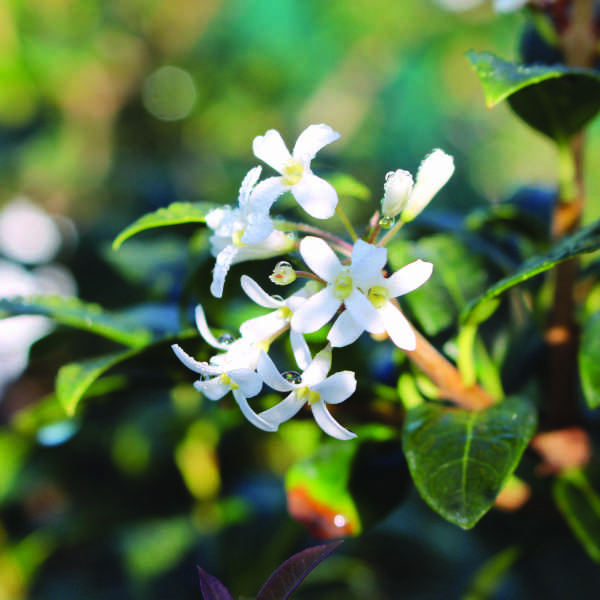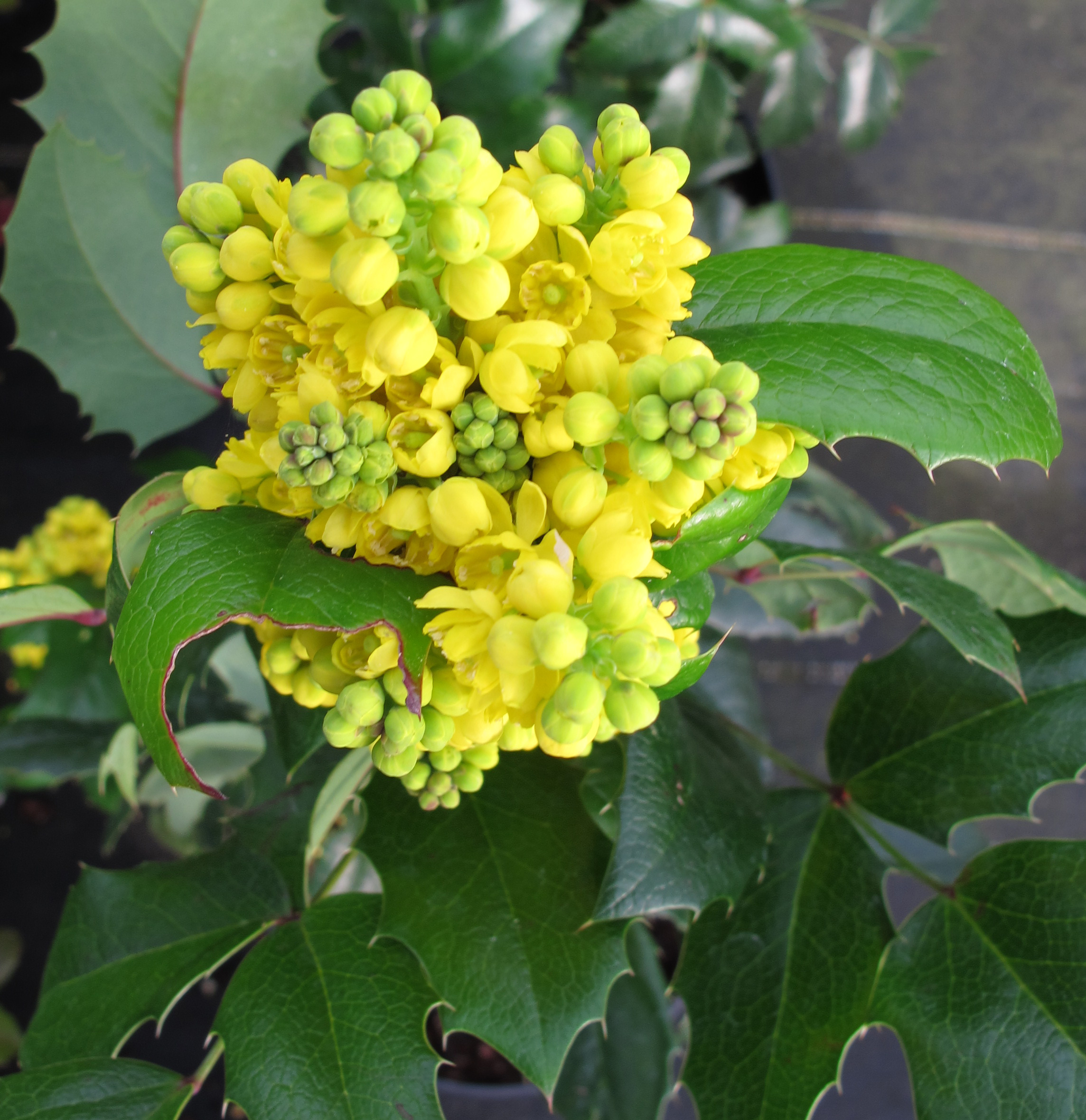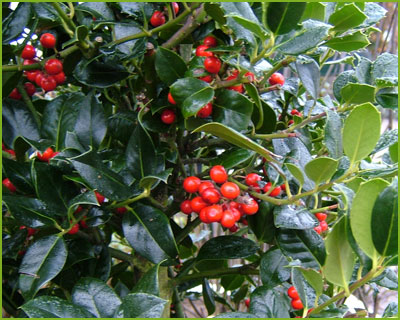.jpg)
October Gardening Jobs 2023
Autumn is the season for dramatic seed heads and displays of vivid fiery colour. The days are shorter and the air is fresher, but the autumn sunshine, and refreshing temperatures make revamping your outdoor space an absolute joy. Fingers crossed for a little more rainfall to give our gardens a fresh feel . . .
1. Choose some vibrant, cheerful bulbs to plant in your garden for a fantastic spring display. We have a large selection AVAILABLE NOW.
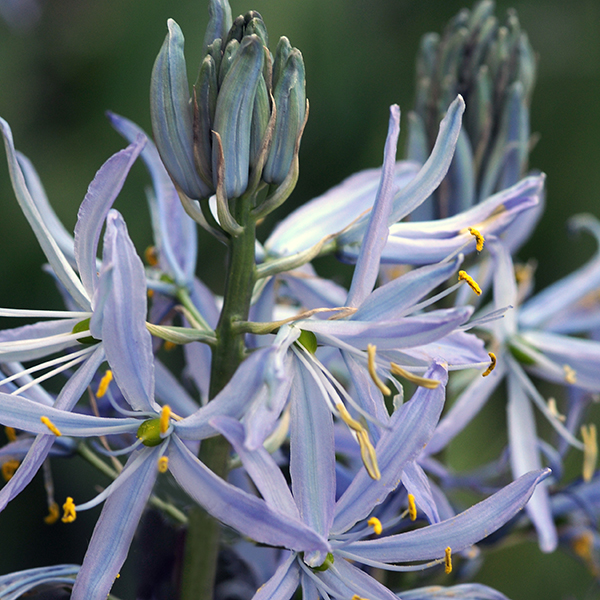
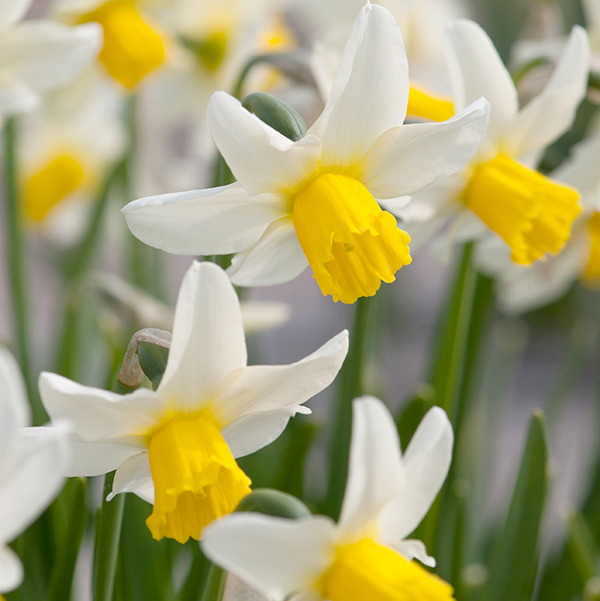
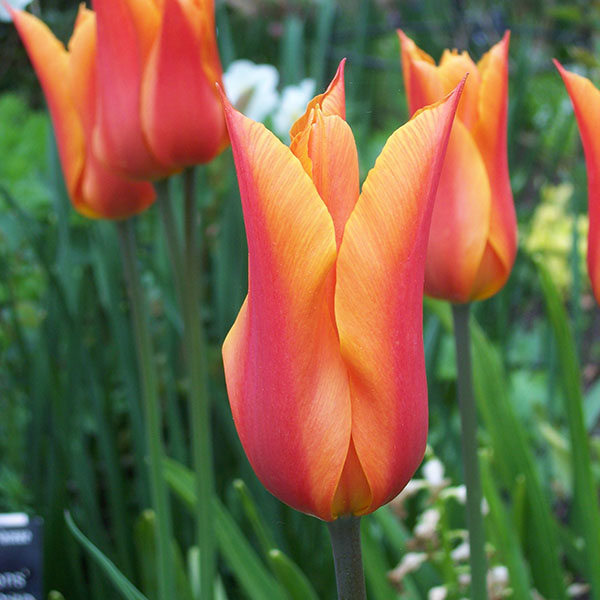
2. Lift and divide early flowering herbaceous perennials that have become less floriferous to ensure the best display for next year. Only choose plants with crowns of foliage and fibrous roots, such as Geum, hardy Geranium, Astrantia and Primuls.
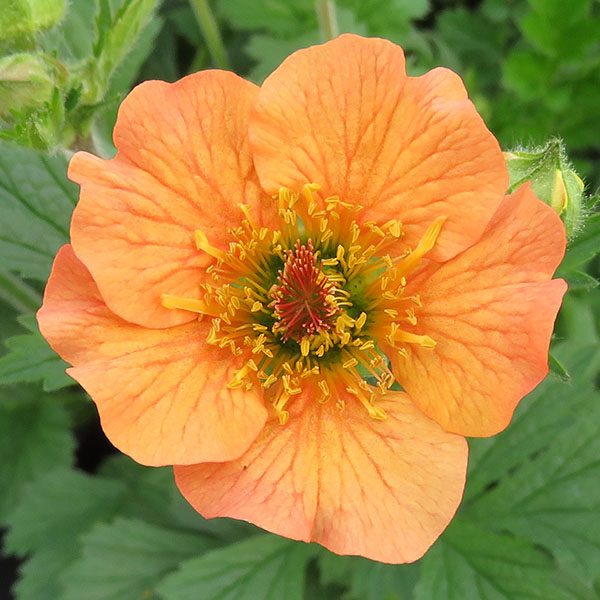
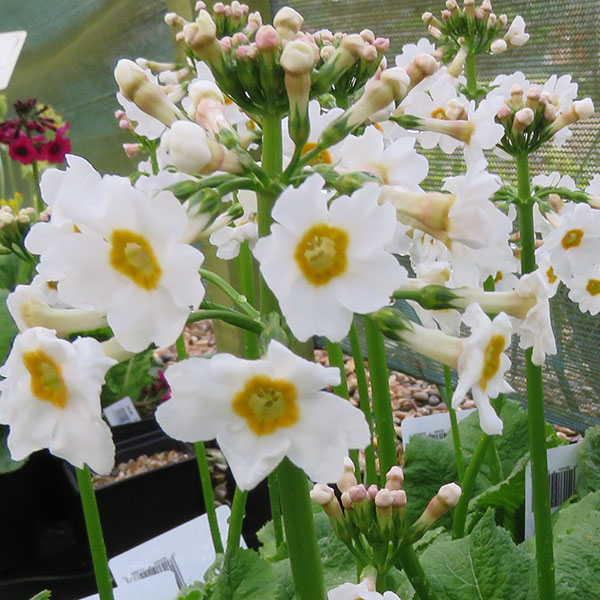
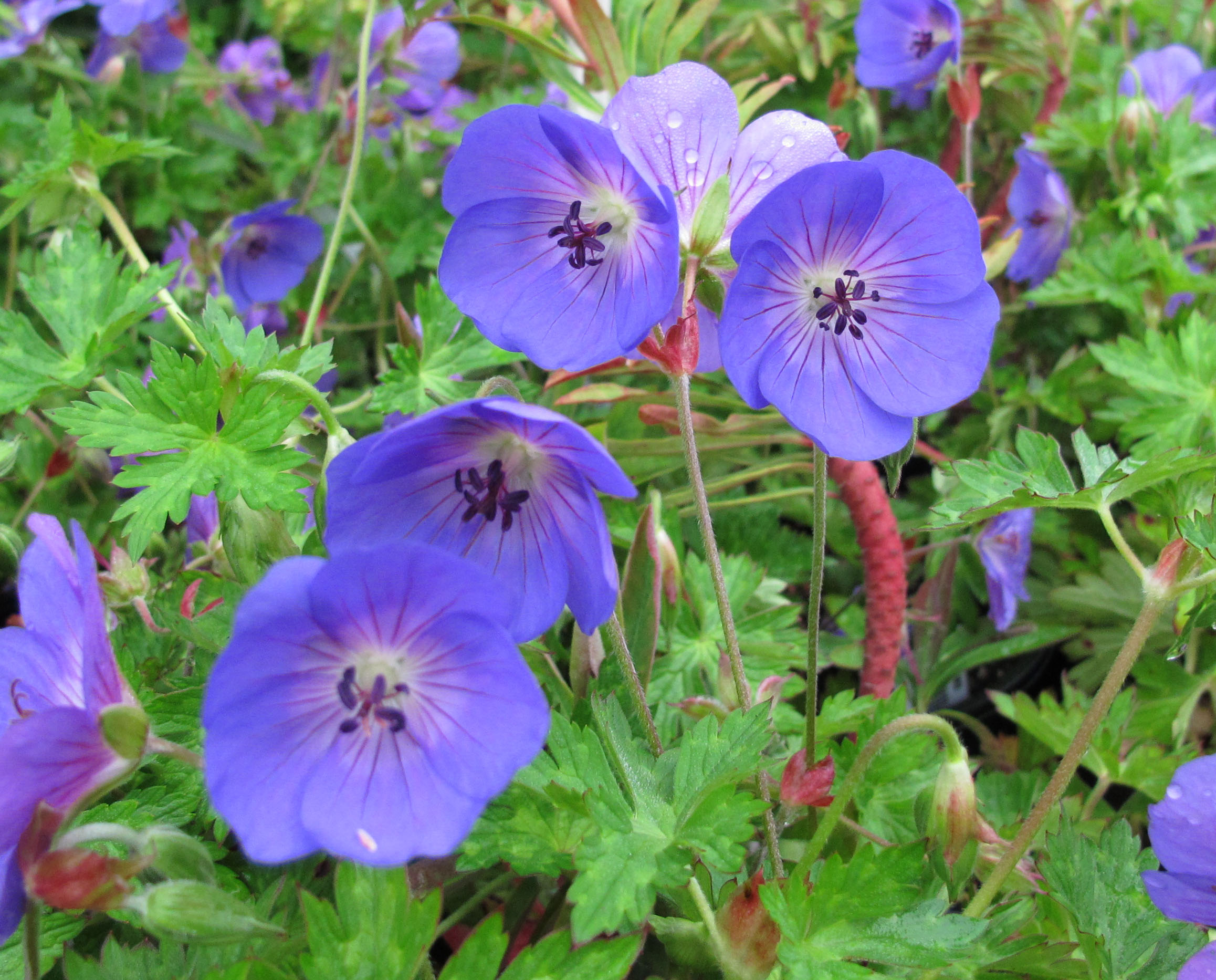
3. Give your borders a tidy up (trying not to prune anything that can provide a valuable food source or home over winter) and add a good layer of mulch to protect and improve the structure of your soil.
4. Cut back climbing Roses, pruning whippy stems to 2/3 buds and tying in strong main stems to avoid damage over winter.
5. Prune summer flowering shrubs, such as Lavatera, Sambucus, Buddlejas by a third.
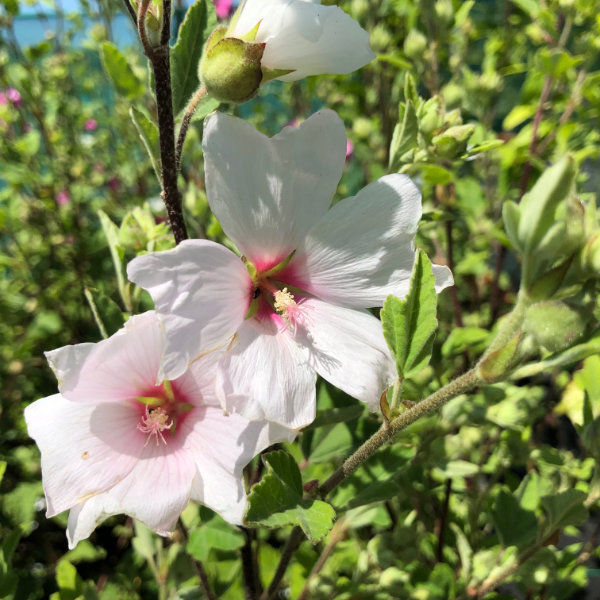
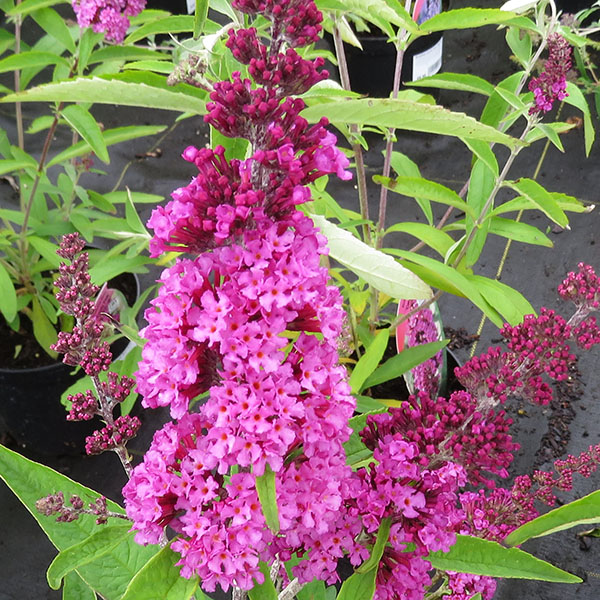
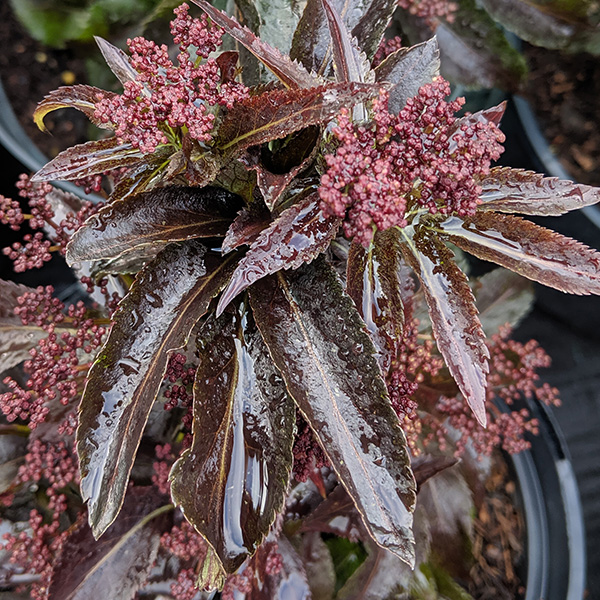
6. Give your garden a new look for next year. Autumn is the best time to plant trees, shrubs and perennials whilst the soil is still warm and moist, and the roots can start establishing before winter. Apply a mycorrhizal fungi to help roots establish again more quickly.
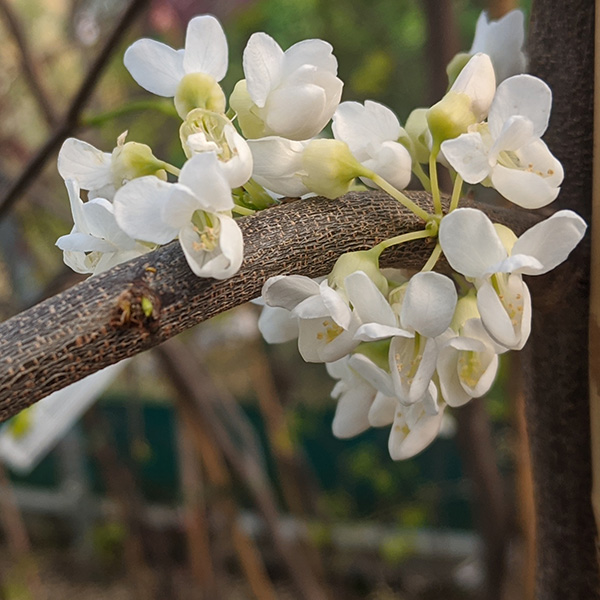
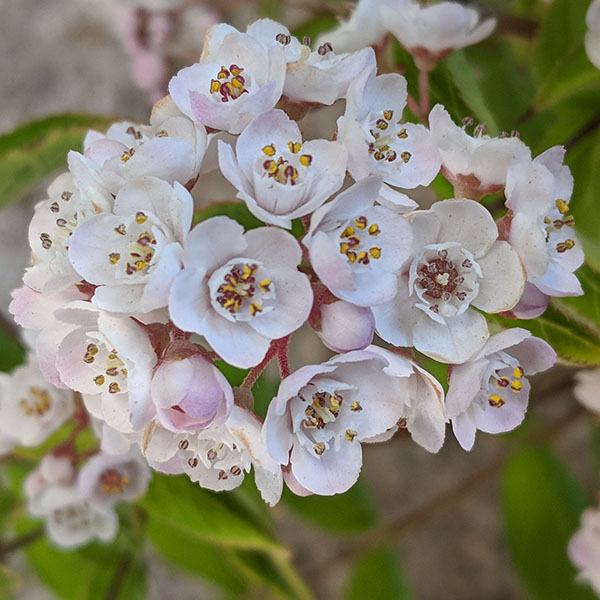
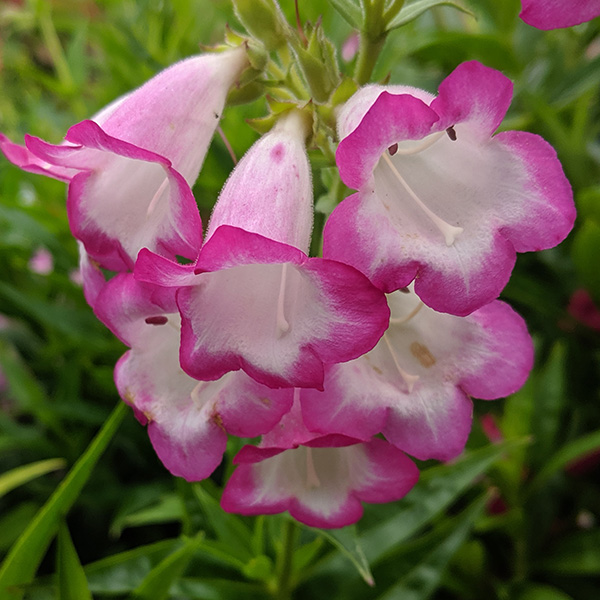
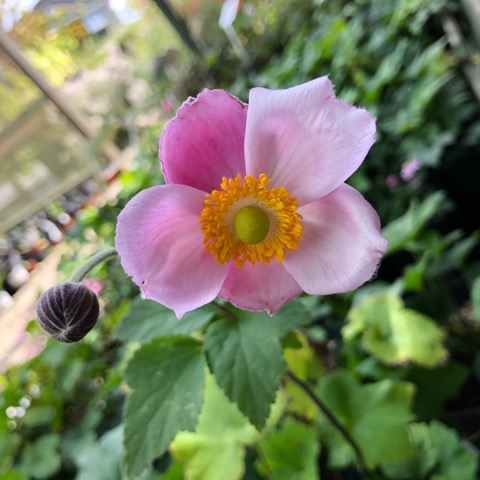
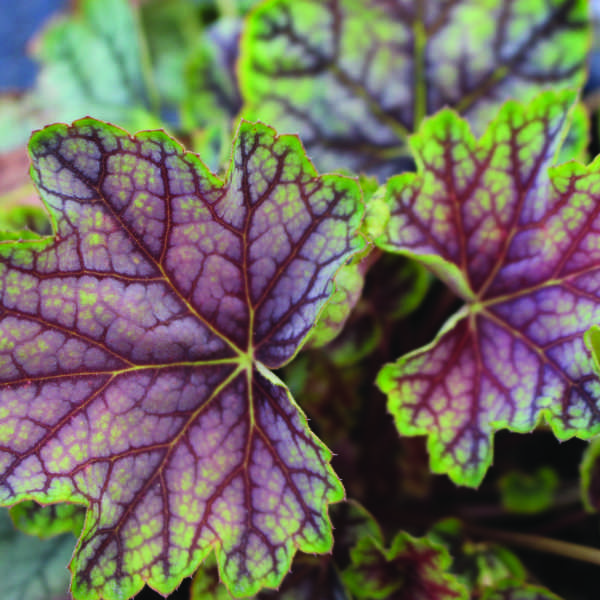
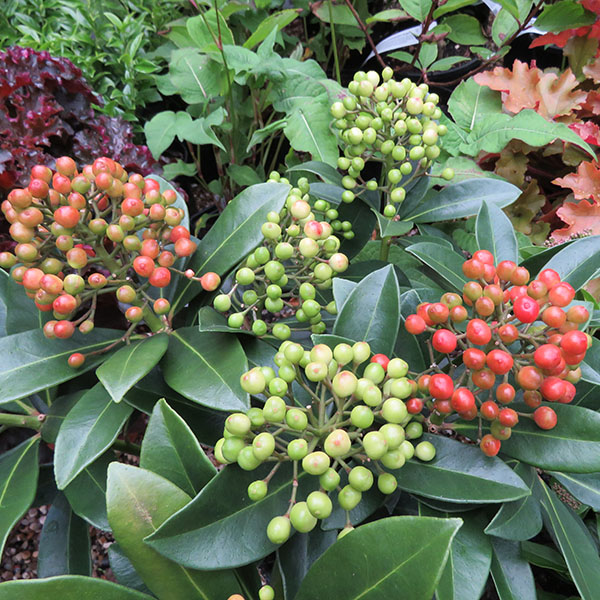
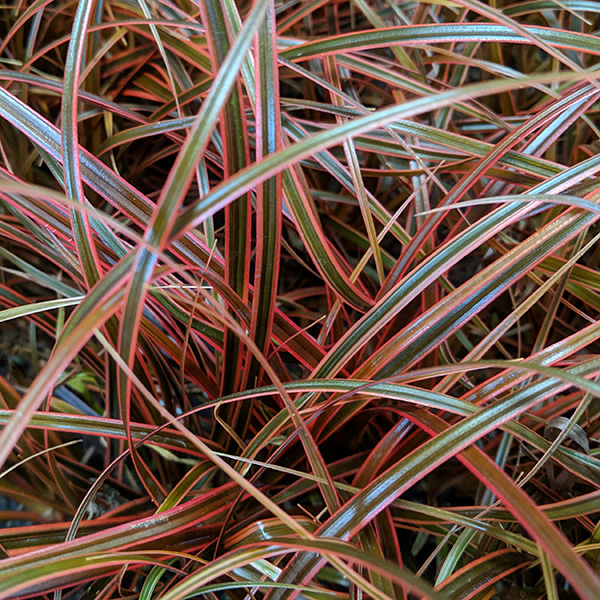
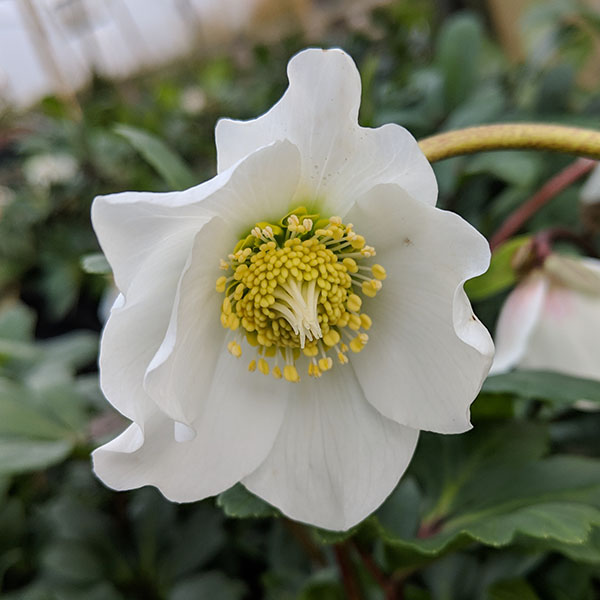
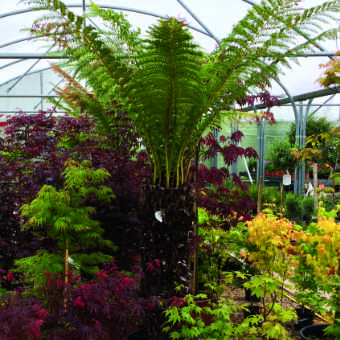
10. Give your lawn some TLC! Scarify, removing any debris and moss, aerate by pricking all over with a garden fork and top dress with a lawn feed or mixture of sharp sand and compost to give your grass a boost after the summer weather.
11. Apply a thick layer of mulch to Dahlia tubers or lift and store them to protect against cold and wet over winter. If storing, cut back stems, remove as much soil as possible and allow to dry out before laying them in trays of a dry medium, such as compost or bark. Store in a dry area of a cold greenhouse or shed.
12. Gather fallen leaves and store in compost bins or hessian sacks. For the best leaf mould that can be used on borders later on, turn regularly and keep moist.
13. Feed birds regularly with seeds/nuts and fruits to encourage a greater variety of birds to your garden. For example, Goldfinches love niger seed, woodpeckers adore peanuts and blackbirds cant get enough of the odd apple thrown on the lawn. A good way to encourage more or new birds into your garden is by planting a crab apple, birch or hawthorn as a food source for them to enjoy.
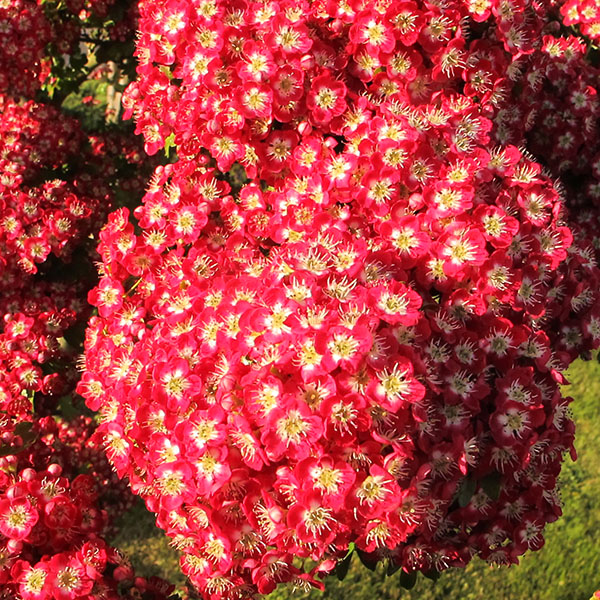
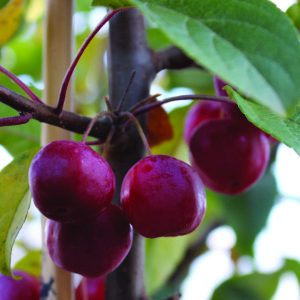
14. Move hardy evergreens now if you need to, giving them a little trim at the same time. Apply a mycorrhizal fungi to help roots establish again more quickly.
